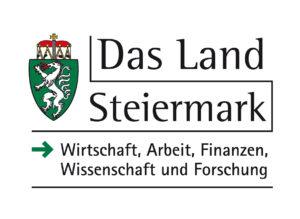Scientists at the University of Graz have achieved a breakthrough that could become a game changer for the entire plastics industry. They have developed a fully recyclable, bio-based epoxy plastic. An innovation with major implications, as this very robust lightweight material is used in numerous products, be it skateboard ramps, airplanes, boats, cars and even wind turbines: however, commercially available epoxy products are based on fossil petroleum and are not yet recyclable. This poses a significant sustainability problem.
The team led by chemist Katalin Barta Weissert from the University of Graz has now found a solution to this challenge: A fascinating epoxy resin thermoset that is obtained exclusively from renewable raw materials and is completely recyclable.
The results of the study have been published in the renowned journal “Science”. There, the team describes its strategy, which uses three specific renewable building blocks, including the characteristic diamine, which the Barta group previously extracted from wood-based lignin. Precise mixing of these components creates a plastic with the same stability and durability as petroleum-based products.
Publikation:
Closed-loop recyclability of a biomass-derived epoxy-amine thermoset by methanolysis, Katalin Barta et al.
https://www.science.org/doi/10.1126/science.adj9989
(Article published on: APA Science )









